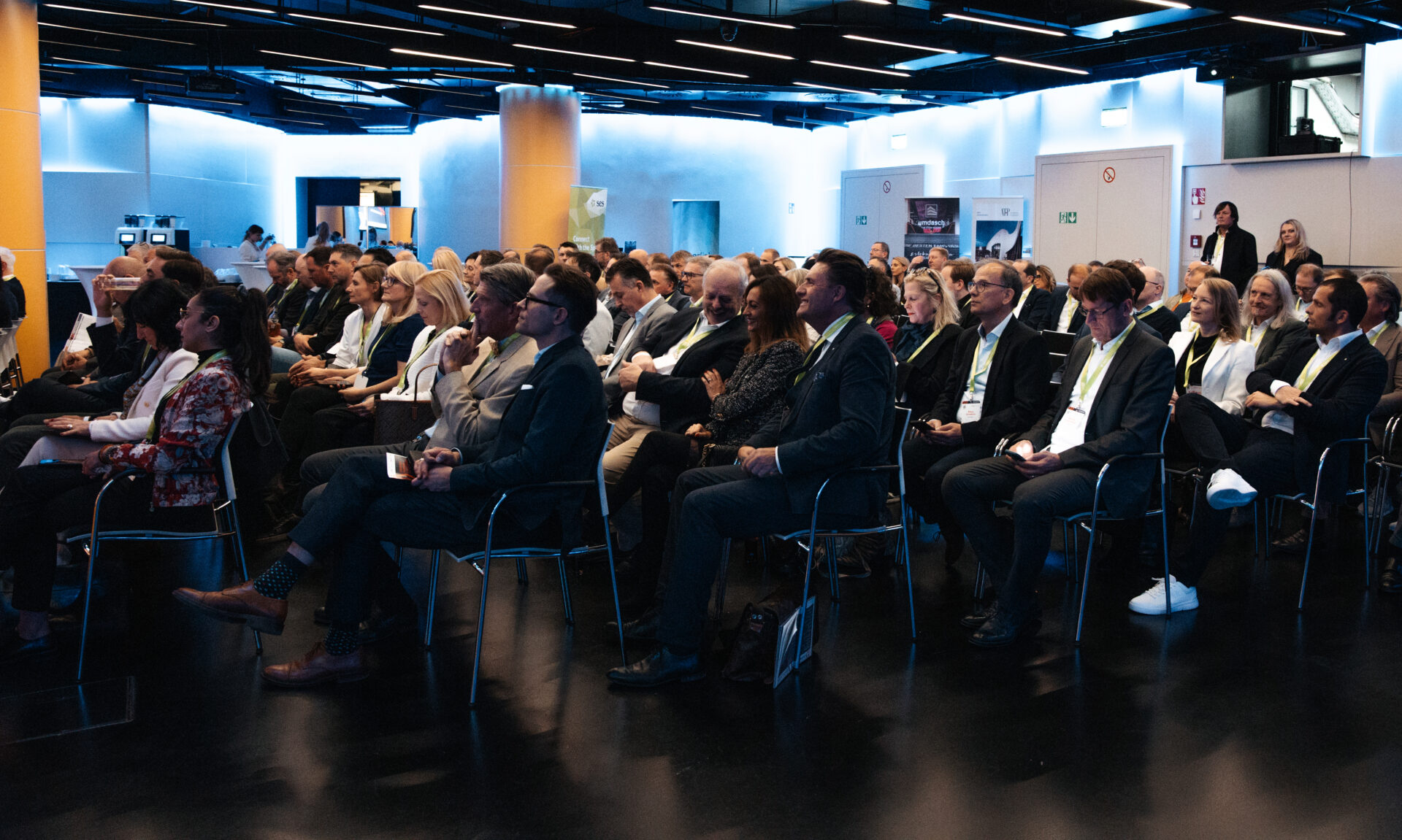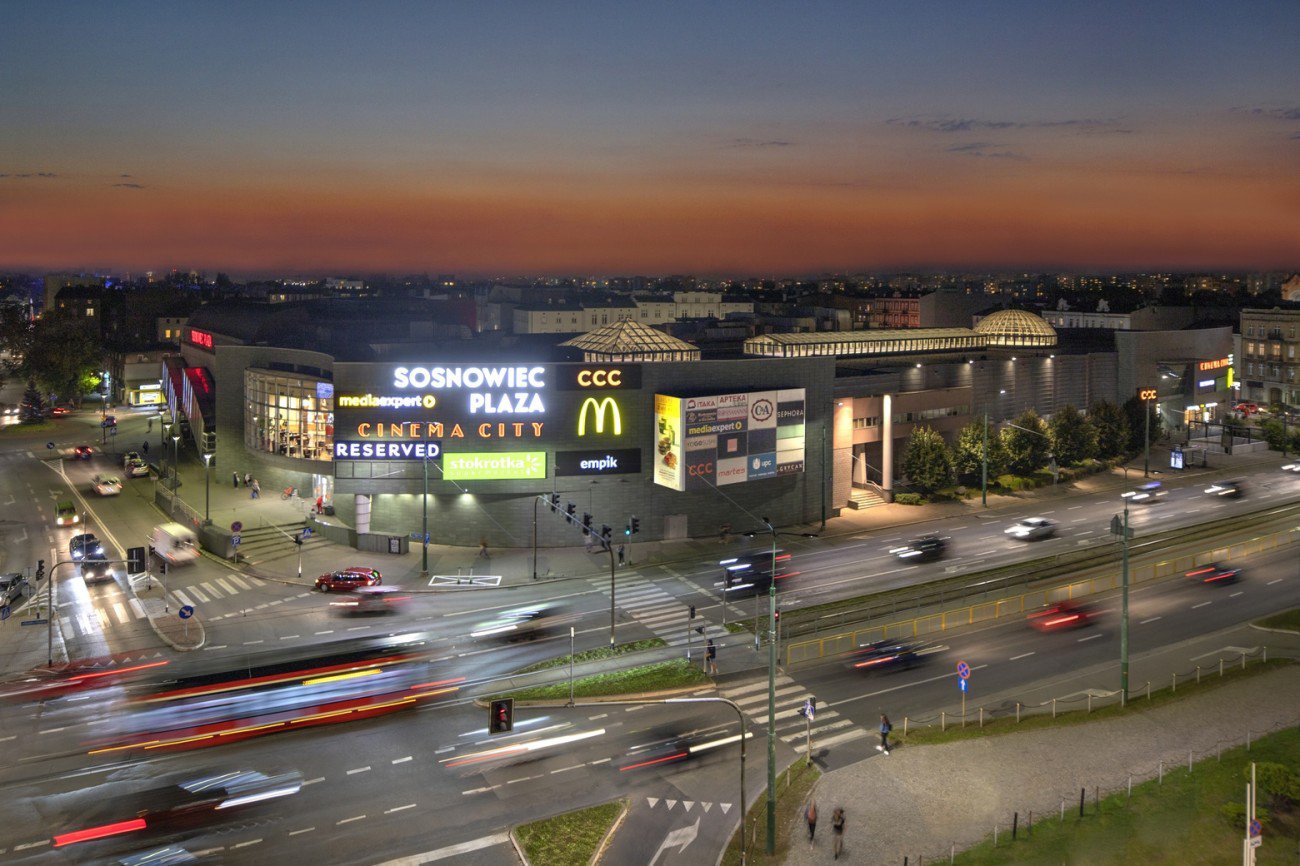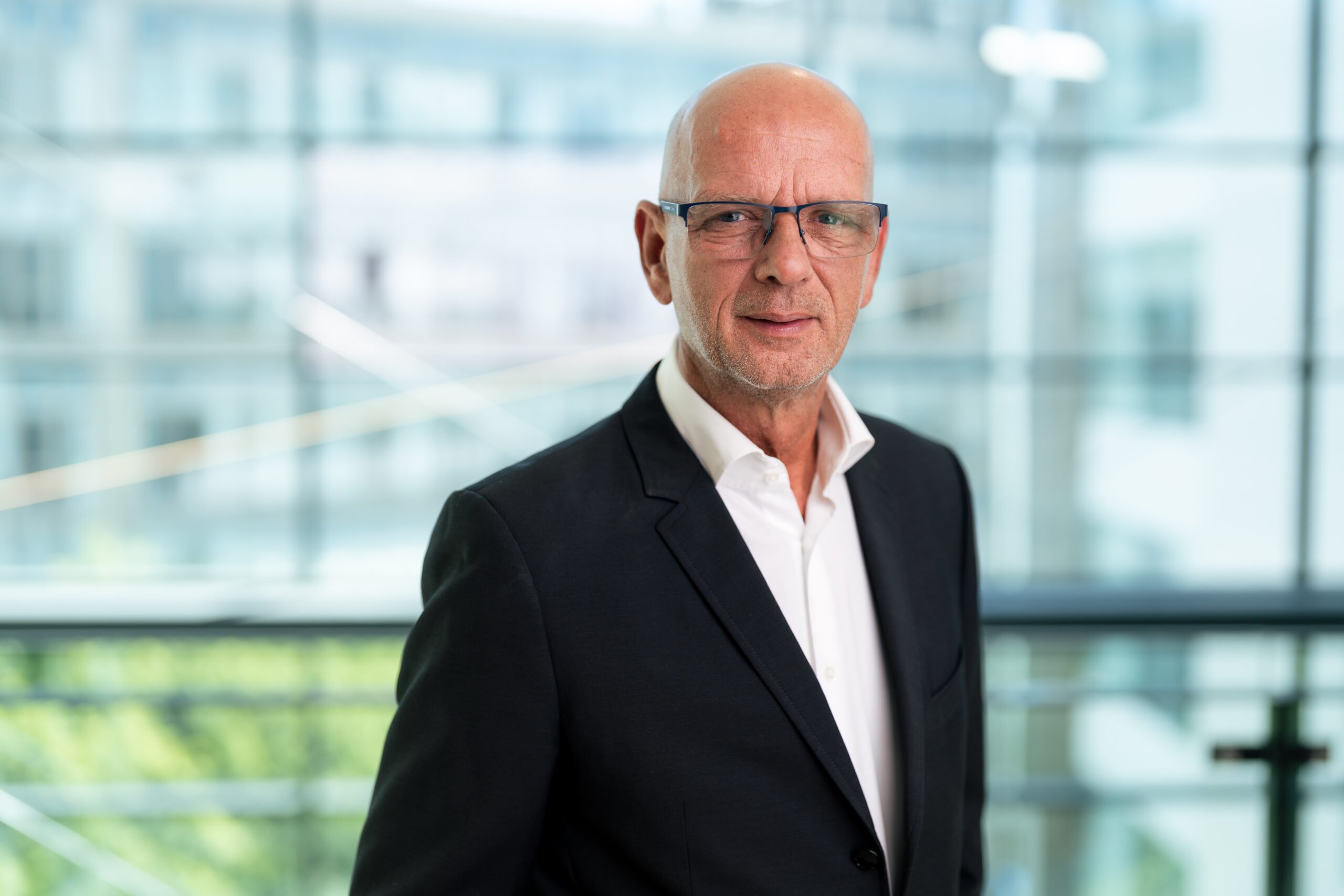Innsbruck and Wattens recently became vibrant hubs for the European shopping centre industry. For the first time, the European Shopping Places Summit was held in Tyrol – a gathering of leading experts from across Europe. The aim: is to strengthen cross-border collaboration within the retail real estate sector, generate new initiatives, and jointly develop solutions for current and future challenges. Ahead of the summit, the Board of the European Council of Shopping Places (ECSP) and the Austrian Council of Shopping Places (ACSP) convened. During the ACSP’s annual general assembly on April 10, 2025, ACSP Chair Christoph Andexlinger was re-elected for another two-year term.
Under the motto “Creating beloved places – social, sustainable & successful,” the summit brought together professionals and decision-makers from the European retail real estate industry at Crystal Worlds, a captivating brand experience in the Austrian Alps, to discuss emerging trends, pressing issues, and practical solutions. Key themes included changing consumer behaviour, digital disruption, economic uncertainty, and environmental responsibility.
“Our goal is to strengthen the European network within the sector and create concrete momentum for the further development of shopping centres,” said Joanna Fisher, Chair of the ECSP and CEO of ECE Marketplaces. “Only through collaboration and knowledge exchange can we develop viable future concepts to tackle the major challenges our industry faces.”
Creating Places People Love
The summit emphasized that bricks-and-mortar retail formats will only succeed in the future if they offer more than just shopping space. Locations that foster emotional connection, are socially integrated, sustainably designed, and economically viable are increasingly seen as key to competing with e-commerce.
“We must think holistically and offer customers an experience and service that truly convinces them. Only then do we create ‘beloved places’ that matter in people’s everyday lives,” explained Christoph Andexlinger, ACSP Chair and CEO of SES Spar European Shopping Centers.
“To generate momentum and identify shared potential, we aim to promote cross-border knowledge transfer within the industry,” added Roman Schwarzenecker, Secretary General of the ACSP, which hosted the first European Shopping Places Summit on behalf of the ECSP. “Inspiration is essential, and personal interaction is more than a priority for us – it’s the foundation of trust and cooperation.”
Following keynote speeches from international experts including Anette Persson (Energy Efficiency Specialist, European Commission), Maria Hill (ECE), Christoph Achammer (ATP architects engineers), and retail trend researcher Jack Stratten, the approximately 130 participants toured the Swarovski Crystal Worlds in Wattens, which is celebrating its 30 years anniversary.
A Festive Finale at MK Illumination
The summit concluded at MK Illumination in Innsbruck, the world market leader for festive and decorative lighting, active in over 120 countries and employing more than 1,000 people.
“We’re seeing globally that shopping places investing in destination development and creating attractive environments are the most successful,” said Thomas Mark, President of MK Illumination. “Learning from others’ experiences is vital, and that’s why networking in our industry is so important. The new European Shopping Places Summit is the right platform for that.”
The evening’s highlight was a keynote by Karin Seiler, CEO of Tirol Werbung, who showcased how the region creates attractive destinations through audience-focused communication strategies.
“We tailor content specifically to our target groups. People only see what they find attractive. Tirol offers a wide variety of experiences to meet these diverse needs,” said Seiler.
A New Platform for Europe
With the successful launch of the summit – initiated by ACSP, SES, and MK Illumination – a strong foundation has been laid for a new European platform. The European Shopping Places Summit is set to become a recurring event, rotating across European cities to account for national differences and deepen interdisciplinary exchange.







